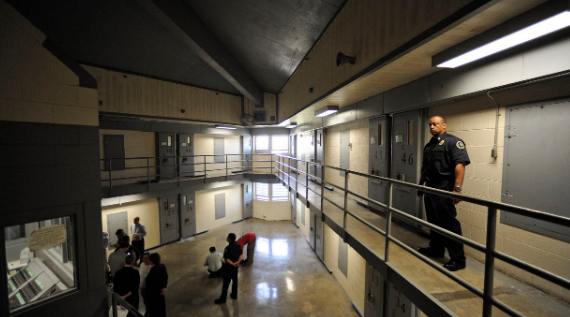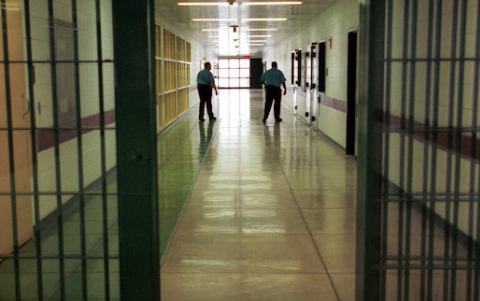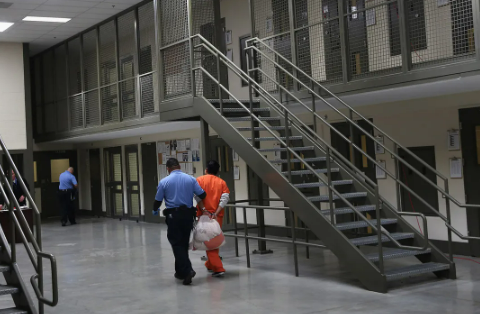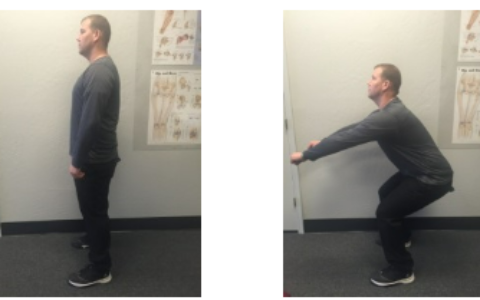The Department of Corrections in the United States may apply different work shifts in each facility. Either 8-hour shift or 2-hours shift applied in corrections will always have pros and cons each. Talking about what shift is best to apply in correction is still relative, as it will depend on some factors.
After taking a little research, we finally found the majority opinion regardless of the best shift to apply in correction. To know what shift is best to work in corrections, you can dive into our post, as we’ll show you the information regarding the best shift to work in correction. Here you go!

What is the Best Shift to Work in Corrections?
According to some internet sources and what most people say about the best shift to apply in correction, most say that 12-hour shift is the best shift to work in correction. In fact, some facilities have been moving to a standard correctional officer 12-hour shift schedule.
For most employers, there are several benefits of 12-hour shifts in corrections, including to decrease the number of overtime necessary for correctional officers or deputies and also to decrease turnover by offering more working days off, especially on weekends.
It is known that correctional officers and deputies will be needed at all hours. It does not wonder if shifts will run back to back throughout the day and night. Of course, the correctional facilities probably require correctional officer and deputies to switch between schedules, meaning various shift times or they probably request which shift times remain the same.
Work will be completed in 12-hour shifts, the employees commonly should be able to work shifts (6:00 am – 6:00 pm or 6:00 pm – 6:00 am.
What Are the Benefits of 12-Hour Shifts?
Since 12-hour shifts is the best shift to work in correction, there are several benefits you can get from this shift, here are they:
1) Improve your self-care
If you have more days off, it can relieve stress, since it can allow a wider window of time to do other things. Although the shifts are long, you will know that there are days off coming, of course you can set it accordingly.
Aside from that, you will have time to recover from your shifts and also spend time for yourself. It’s not strange if you have more days to take care of that, particularly if you want to take classes or you have to take some training.
2) Get better family and social life
It is a normal circumstance if many businesses run on a 9 – 5 Monday through Friday work schedule. Of course, it will allow you to have days off on Saturdays and Sundays. Of course, your friends or family may make plans on weekends more so than throughout the week.
Certainly, you will gain twice as many weekends off throughout the year with 12-hour shifts if we compare to 8-hour. So, you will have more chances to see your friends and family.
3) Get fewer consecutive days working
If you are working 12 hour per day, you cannot work too many days consecutively. Of course, if you work too many shifts in a row, your body and mind does not work properly as usual. Thus, you will only have 3 – 4 days working in a row as opposed to 5, 6, or 7 days in a row.
4) More full days off
It’s so clear you work the same amount of hours per year whether it can be an 8-hour shift or 12-hour shift schedule, averaging roughly 38 – 42 hours per week. However, an 8-hour shift really requires more days to work.
Assuming you work four 12-hour shifts one week and three 12-hour shifts the following week, of course you have already got your 42 hours done. It means you definitely worked 42 hours in just seven days.
Meanwhile, 8-hour shifts will require you to work at least ten days every two weeks just to get in 40 hours a week. If you have more full days, it means you have more time to make plans with your family and friends, meet up with your friends or take time for yourself.
5) Less commuting time
It is so normal if you have fewer shifts, you will have fewer days working, and of course you will have less commuting time. Assuming you have 30 minutes away from work and you work five 8 hour shifts, you will have 30 minutes x ( 5 x 2) = 300 minutes or 5 hours of travel time for the week.
But, let’s assume you work three 12-hour shifts, you will have 30 minutes x (3 x 2) = 180 minutes or 3 hours of travel time for the week. Of course, it actually saves two hours per week. Moreover, it will leave you with more time to do what you want to do.
Okay, those are some benefits you will get from 12-hour shifts. Of course, there may be a number of benefits from 12-hour shifts that we do not show in this post here.
How Do 12-Hour Shifts Work?
If you’re working on 12-hour shifts per day, it means you have 12 hours remaining. You may use 8 hours for sleeping, 30 minutes for the commute each way, another one hour to get ready for bed at night and prepare for work in the morning.
Even though you are working a little busy and less time for family per day, but you still have a long weekend. Of course, you can spend much more time with your family or take your own time on the weekends. It means you can do everything you want on the weekends, when you cannot do some on weekdays.
Therefore, working on 12-hour shifts is still debated, meaning it has pros and cons among workers. They may need to stay over once the night shift for training or plant meetings. In this case, the workday may be unacceptably lengthened. As a result, a lot of workers who are working on 12-hour shifts will conduct training, as well as other meetings may be scheduled on days off.

A bookworm and researcher especially related to law and citizenship education. I spend time every day in front of the internet and the campus library.





